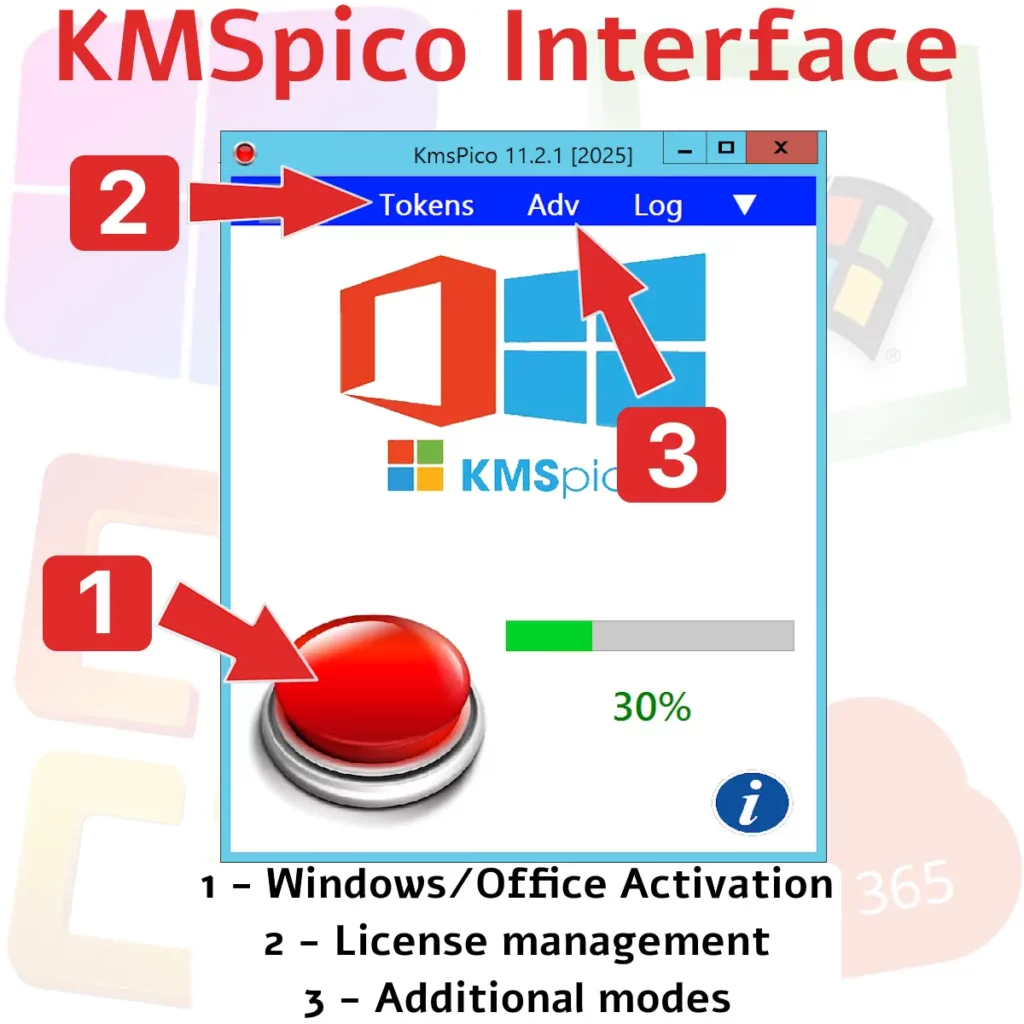The use of unauthorized software activators such as kmspico windows 10 raises significant compliance and security concerns. Organizations and individuals often turn to these tools to bypass official channels for activating software, risking legal and financial repercussions. This article delves into the implications of using such tools, focusing on the lessons that can be learned about software licensing compliance.
Understanding KMSPico Windows 10
KMSPico Windows 10 is a tool that many use to activate Microsoft products without a legitimate license. It exploits vulnerabilities in the Key Management Service (KMS), which is designed to enable volume licensing in larger organizations. By mimicking a legitimate KMS server, KMSPico tricks the software into thinking it’s been activated legally. This method may seem convenient, but it circumvents Microsoft’s software licensing agreements.
The widespread use of such tools highlights a growing issue within the realm of software compliance. Many users do not fully understand the implications of using unauthorized activators like KMSPico Windows 10. In addition to violating licensing agreements, they undermine the integrity of software ecosystems by promoting an environment where piracy can thrive unchecked.
Risks Associated with Using KMSPico Windows 10
Using KMSPico Windows 10 poses several risks. Firstly, it violates Microsoft’s End User License Agreement (EULA), potentially subjecting users to legal action and fines. Secondly, downloading KMSPico activator from unofficial sources often includes malware or unwanted software, compromising system security. A study showed that approximately 30% of pirated software contains harmful components, making unauthorized activators a risky affair.
The presence of malware is not just a minor inconvenience; it can lead to data breaches and loss of sensitive information. Unauthorized activation tools are often bundled with other malicious programs that can install backdoors into systems, allowing hackers easy access to personal or corporate data.
Security Implications of Activation Tools
Unauthorized activation tools like KMSPico not only breach compliance but also introduce significant security vulnerabilities. These risks include exposure to malware, spyware, and ransomware. When users download KMSPico from unverified sources, they open their systems to potential data breaches and security threats that could have been avoided by staying compliant with licensing agreements.
Moreover, the lack of updates for systems activated through illegitimate means leaves them vulnerable to newly discovered exploits. Legitimate users receive patches and updates that protect against emerging threats; those who utilize tools like KMSPico Windows 10 do not benefit from these essential security measures.
Legal and Financial Consequences
Employing tools such as KMSPico Windows 10 can lead to severe financial penalties. Companies found using pirated software might face lawsuits resulting in hefty fines, sometimes amounting to several thousand dollars per infringement. Furthermore, organizations may incur extra costs associated with cleaning up infected systems after malware infiltration due to unlicensed activation.
The financial burden extends beyond immediate fines or penalties. Firms may need to invest in extensive audits and remediation efforts to restore credibility and ensure future compliance with licensing terms. The indirect costs linked with reputation damage are also substantial as clients may lose trust in firms known for engaging in illegal practices.
KMSPico Windows 10: An Operational Overview
The operational process of KMS activator Windows 10 typically involves installing the tool on a local machine and then executing commands to emulate a KMS server environment. Tools such as DISM (Deployment Image Servicing and Management) can be used legitimately for managing Windows installations; however, hackers exploit similar methods for illicit purposes.
How Does It Work?
- KMSPico replaces critical files in the system directory with its own versions.
- It acts as a local server that continuously reactivates Windows licenses every six months.
- This technique prevents Microsoft’s usual checks from identifying an unauthorized copy.
- The persistent nature of this tool ensures ongoing non-compliance unless manually removed or corrected by legitimate means.
Alternatives to Unauthorized Activation
If affordability is a concern, there are legitimate alternatives such as seeking volume discounts directly from Microsoft or using free open-source alternatives when possible. Additionally, charities and educational institutions often receive significant discounts or free licenses through Microsoft’s philanthropic programs.
Pursuing these options not only ensures compliance but also builds positive relationships with vendors who are likely to provide better support for licensed customers. Leveraging official channels allows organizations access to comprehensive support services tailored specifically towards enhancing user experience and resolving potential issues efficiently.
Mitigating Risks in a Controlled Environment
Organizations should focus on compliance by implementing robust asset management practices. Conducting regular audits using controlled environments like VMs with specifications (e.g., VM with 2 vCPU / 4 GB RAM) allows IT departments to identify unauthorized software effectively without disrupting operational systems.
Compliance Strategies
- Create a comprehensive asset management plan that tracks all software installations across devices.
- Implement strict policies against downloading unauthorized activation tools or pirated software.
- Educate staff about the risks associated with non-compliance and the benefits of adhering to licensing agreements.
- Regularly review existing licenses to ensure they meet current organizational needs while maintaining compliance standards effectively over time.
The Role of IT Departments
A proactive approach by IT departments can significantly mitigate risks associated with illegal activations like KMSPico Windows 10. Regular system scans and training sessions help maintain compliance and take advantage of legitimate means for activating required software suites.

The Importance of Legitimate Software Licensing
Complying with software licensing terms ensures not only legal protection but also enhanced security measures provided by manufacturers. Legitimately activated systems receive critical updates and support that are essential for maintaining operational efficiency and security posture.

